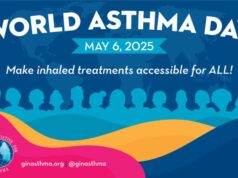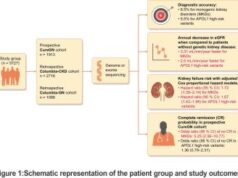The Nigerian Senate says the arrangement has been concluded to pass the National Health Bill once it undergoes third reading in November 2020.
This development was disclosed by Chairman, Senate Committee on Health, Senator Ibrahim Oloriegbe on Wednesday during a virtual summit organized by the Association of Psychiatrists of Nigeria in commemoration of this year’s World Mental Health Day.
Oloriegbe disclosed that the mental bill was designed to establish a framework for policy formulation and address sharp practices in the management of mental illnesses in the country.
The senator who represents Kwara Central district in the 9th National Assembly gave the assurance that the bill which earlier scaled second reading would be returned to the upper chamber in November for the third reading.
He noted that once that is accomplished, the bill would immediately be passed by the Senate.
“With the pandemic, we have all seen the consequences on the social and economic and that the coping mechanism by people that have broken down. We have been privileged be to support the processing and passage of a law that will guide and be a policy framework for sustainable and effective activities or actions towards addressing mental health disorders.
“Before we came in, there has been some attempt there was a law that was in the draft stage. We looked at that and did some amendments and presented it. While we were doing that, we saw that the previous effort did not even make attempt to repeal the Lunacy Act which is the currently existing law in Nigerian legal books as far as mental health is concerned.
“We are in the final stage and today may be the day we are submitting it back to the Senate for them to schedule it for the third reading. We have finalised every work on it, we have a clean draft and we hope by November, hopefully, when we go back to plenary before the middle of the month, it will be passed by the Senate,” he said.
In his summation, the senator noted that the bill harps more on the rights of persons with mental challenges as well as the management and treatments of such conditions from primary to secondary and tertiary.
“For the first time we are establishing a committee that will be able to do a review of people that require involuntary treatment for mental disorders, and for them to be taken up. It is also going to address the issue of the various quacks and illegal forms of treatment.
“We hope when it comes to fruition, the situation of people with mental illnesses will be better through realistic and sustainable implementation involving all the practitioners, society groups, particularly civil society, and partners,” he said.











